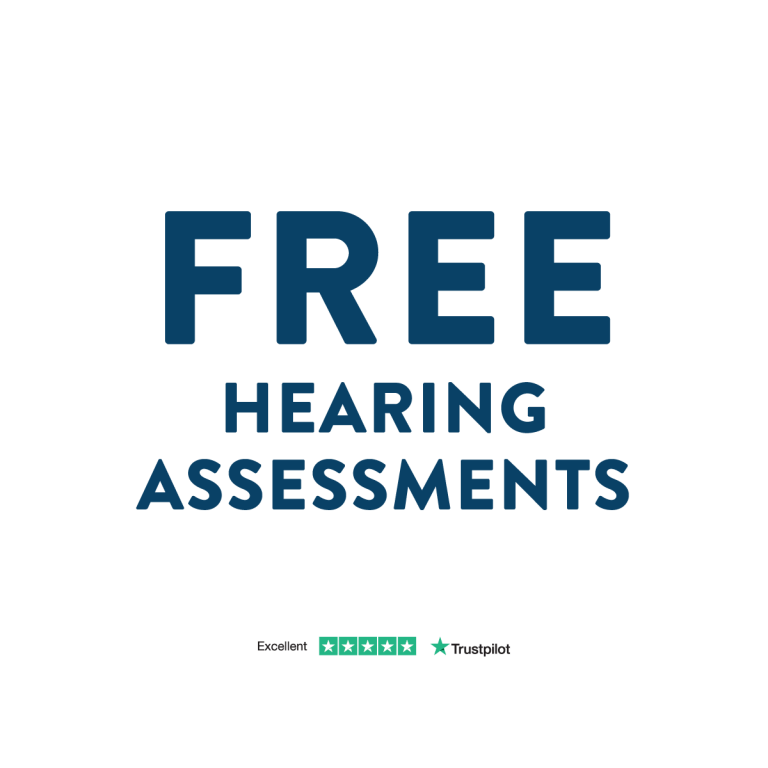Next appointment
Dore
25 Townhead Road, Dore, Sheffield, S17 3GD, UK
Next appointment
Next appointment
Next appointment
Next appointment
Next appointment
A hearing test helps determine if you have hearing loss, whether minor or more severe. At The Hearing Care Partnership, our free hearing assessments are easy and painless.
Your audiologist will ask about your lifestyle, go through your medical history, and perform a variety of tests – otoscopy, tympanometry, pure tone audiometry, and speech tests.
We’ll talk through your results with you, whether you need any treatment, and if hearing aids could be beneficial.
How often do you visit the doctor, dentist or optician? And when was the last time you had a hearing test? If it wasn’t recently, you’re not alone. But it’s just as important to visit an audiologist regularly.
Having regular hearing tests will help you keep your hearing healthy and will help us increase the chance of catching any irregularities early on, avoiding any further hearing decline.
This is particularly important if you’re over 50, as the risk of hearing loss rises to 40% in this age group. Increasing again to 70% in the over-70s.
Perhaps you struggle to enjoy conversations when there’s too much background noise, you often need people to repeat themselves or speech can sound muffled or lack definition – these are all signs that you might be experiencing hearing loss.
As hearing loss is often gradual, it can be hard to tell it’s happening. In fact, it’s often a loved one that notices your hearing loss long before you do. On average, it can take around seven years for someone to recognise and accept their hearing loss and choose to wear hearing aids.
Here are some of the signs of hearing loss that indicate it’s a good idea to get a hearing test:
Finding it difficult to communicate in groups or with background noise
Turning up the TV volume louder or needing subtitles
Needing to ask people to repeat themselves constantly
Missing sounds like the doorbell, oven timer or phone calls
Persistent ear ringing
Feeling isolated from conversations due to hearing difficulties
Apart from difficulty in hearing, hearing loss can also affect your psychological wellbeing. Feelings of isolation and frustration are common amongst those suffering from hearing loss as they find it harder to interact and communicate with other people, so they often avoid doing so altogether. Depression and even dementia are more likely to develop if hearing loss is not addressed, so the warning signs shouldn’t be ignored.

At THCP our hearing and tinnitus assessments are completely free. And there is no obligation to purchase a hearing aid or use our earwax removal service – even if we recommend these as further treatment. We’re simply here to help and advise what’s best for you!
Everyone’s hearing changes over time. So it’s important to get it checked at least every two years, or as soon as you notice any of the signs of hearing loss mentioned above.
It’s true that your risk of hearing loss increases as you get older: the UK charity Action On Hearing Loss estimates that more than 40% of people over 50 have hearing loss, rising to 71% of people over the age of 70. So it’s tempting to keep putting off getting a hearing test, but the reality is there’s no such thing as being ‘too young’ for a hearing test.
In fact, our audiologists recommend regular hearing tests to anyone over the age of 25, or to anyone who is experiencing signs of hearing loss or changes to their hearing.
If you are a parent or guardian with concerns about your child’s hearing and they are under the age of 18 you should seek a referral from your GP to your local NHS paediatric audiology service.
When talking to a loved one about hearing loss, it’s important to:
It can be a hard topic to bring up, but approaching it with understanding and empathy will make the conversation easier.